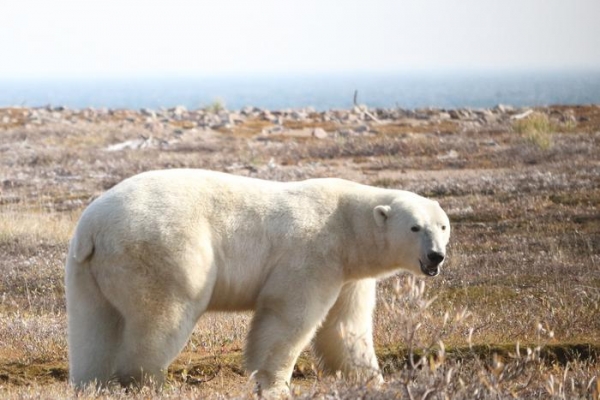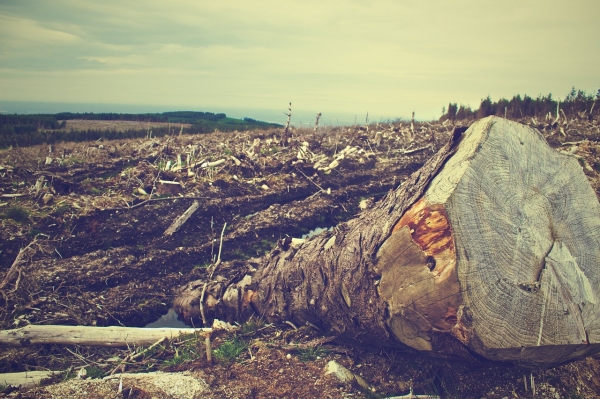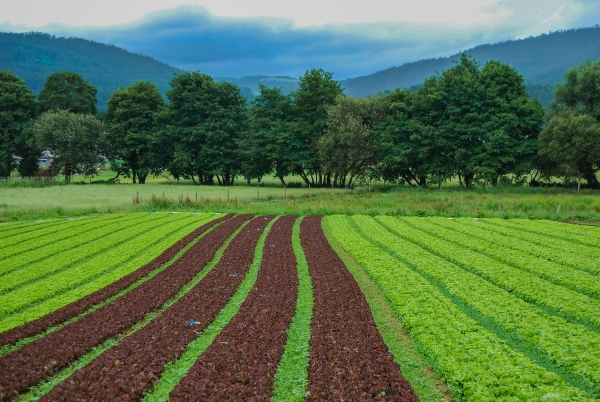More time stranded on land means greater risk of starvation for polar bears, a new study indicates.
articles
Study: Global Deforestation Leads to More Mercury Pollution
Scientists quantify a previously overlooked driver of human-related mercury emissions.
Increased Rainfall Threatens UK Sea Urchins
Sea urchins exposed to diluted seawater for long periods show signs of physical deterioration, according to scientists from British Antarctic Survey, the University of Cambridge and the Scottish Association for Marine Science.
Little Things Make a Big Difference
The skies above us are teeming with tiny particles of dust, sea salt, smoke, and human-made pollutants.
Oregon State University Research Makes Key Advance for Capturing Carbon From the Air
A chemical element so visually striking it was named for a goddess shows a “Goldilocks” level of reactivity – neither too much nor too little – that makes it a strong candidate as a carbon scrubbing tool.
Temperatures are Rising, But Soil is Getting Wetter — Why?
Soil moisture can determine how quickly a wildfire spreads, how fast a hill turns into a mudslide and, perhaps most importantly, how productive our food systems are.










